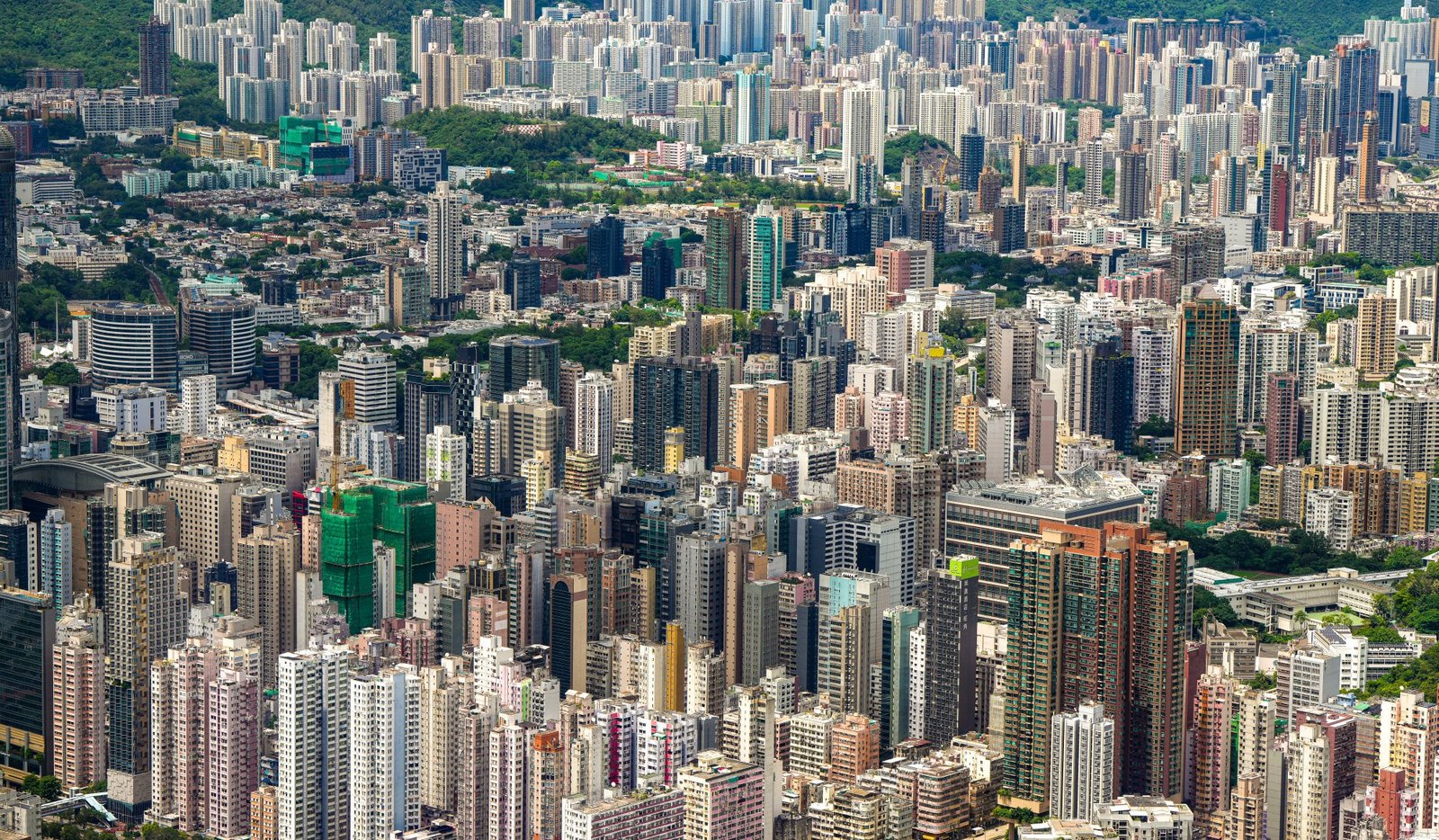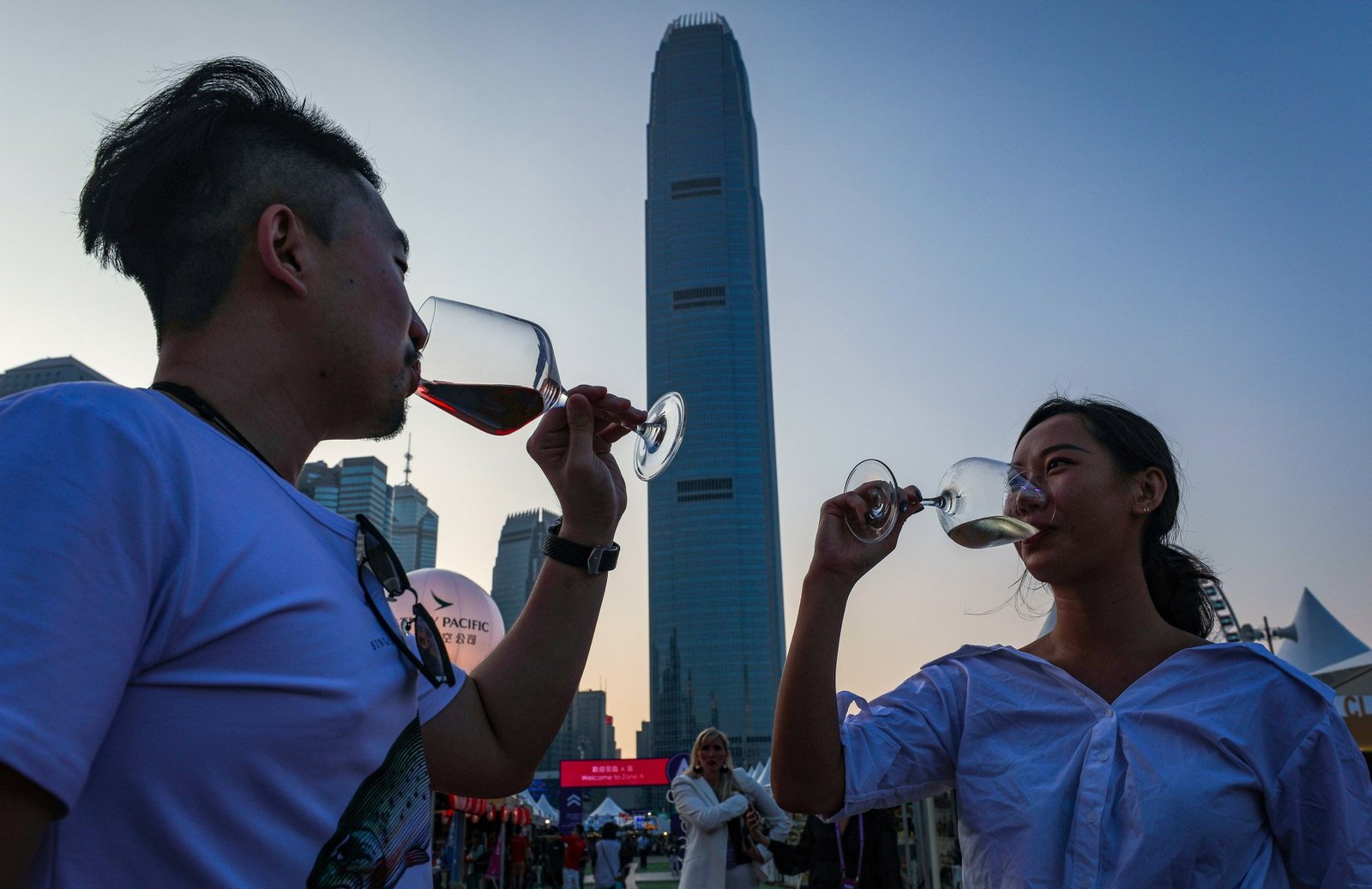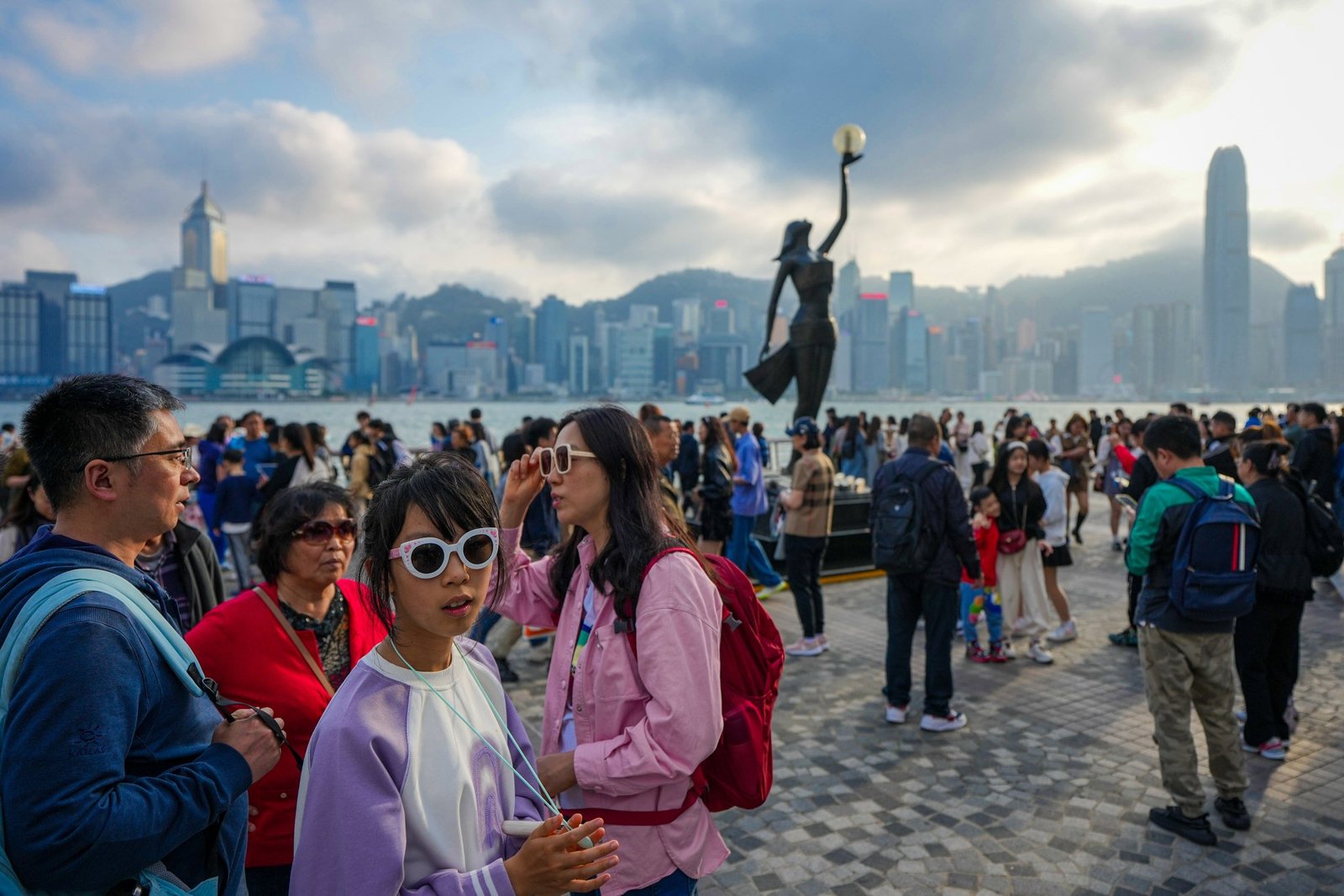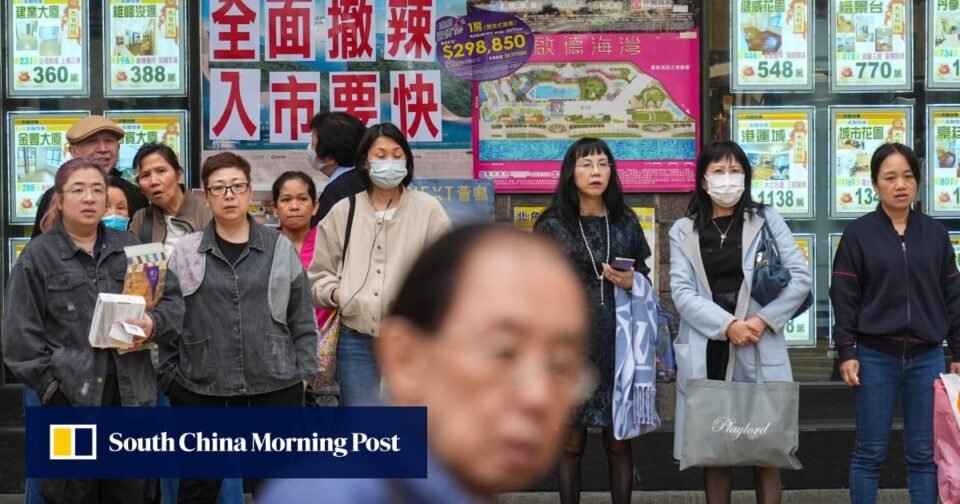Hong Kong’s finance chief has said the government has not ruled out reintroducing property cooling measures if the market situation changes.
Financial Secretary Paul Chan Mo-po on Thursday also said that despite facing a deficit, the city did not need to make an “overly progressive” move to levy new taxes at this stage because the revenue from land sales was expected to increase after the property curbs were scrapped.
During his latest budget blueprint delivered on Wednesday, Chan surprised the market by removing all cooling measures introduced more than a decade ago to limit property speculation with immediate effect.

“There is almost no speculative activity nowadays while the home supply currently and in the future is very sufficient,” Chan told a radio programme, saying it was a “suitable” time to scrap the measures.
“If there’s a change in the market situation, we can always introduce these measures again,” he said, stressing the government would closely monitor the markets and take actions accordingly.
Which of Hong Kong’s high earners are set to fork out under new salary tax regime?
Which of Hong Kong’s high earners are set to fork out under new salary tax regime?
According to the budget blueprint, Hong Kong’s ballooning deficit will hit HK$101.6 billion (US$17.4 billion) this financial year, leaving fiscal reserves at HK$733.2 billion, the lowest in a decade.
But Chan brushed aside suggestions of adopting new forms of taxes, such as a land-based departure tax or a revival of the city’s red wine tax removed in 2008, to balance the books.

“The economy is recovering now … no matter if it is corporations or residents, they need to care of their losses over the previous years, so we need to give them some space,” he added.
Taxation was a means to attract talent and investment to Hong Kong, he said, warning any changes could affect the city’s competitiveness.
“At this stage, there may not be a need to do something so aggressive without society being ready or having discussed the issue,” Chan said.
Wealthy and travellers targeted by Hong Kong’s new revenue-boosting measures
Wealthy and travellers targeted by Hong Kong’s new revenue-boosting measures
He said an air-travel tax of HK$120 was already being collected from people leaving the city via the airport and a levy for land-based departures would not make sense as the government wanted people to move freely across the border, especially in the Greater Bay Area.
Pointing to the red wine tax, Chan said the tax was originally removed in 2008 to develop the industry and push the city’s tourism and catering industry, with the results being quite good.

The finance minister also expressed confidence that the city’s land sale revenue would increase following the removal of the curbs, noting that developers would want to replenish their land supply once the housing market stabilised.
“When our measures to lift the confidence of the stock market and housing start to take effect and the markets stabilise, the transaction volume will start to go up from the especially low situation we saw during the 2023-2024 financial year,” he said.
Several callers, however, expressed their disappointment in Chan’s budget on the phone-in programme, particularly regarding government plans to organise monthly fireworks and drone shows to complement the existing lights show.
As it happened: Hong Kong budget – all property curbs scrapped to boost market
As it happened: Hong Kong budget – all property curbs scrapped to boost market
Some also lamented the lack of financial sweeteners given to the middle class “who had been working hard” to boost the economy, pointing to the cut in the salaries tax.
Chan stressed that the government would need to rely on tourism in the short term to strengthen the economy through consumption, as he appealed for public understanding of the relatively small amount of sweeteners.
“In this area, I hope everyone can understand, as the Hong Kong government has a certain amount of pressure on our finances, so we are forced to slightly reduce our support measures,” he said.

